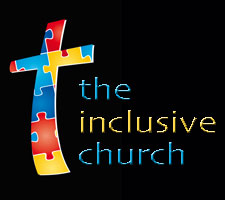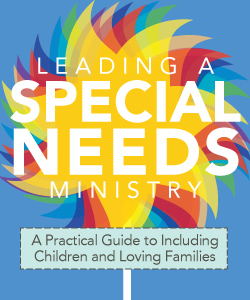Disability Etiquette
Question: “Can you provide guidance on politically correct wording when referring to people or issues related to special needs?”
Don’t Say: special needs child
Do Say: child with special needs
Don’t Say: autistic child
Do Say: child with autism as an attribute
Don’t Say: Downs kid, Down syndrome child
Do Say: child with Down syndrome
Don’t Say: disabled person
Do Say: person with a disability, or differently abled
Don’t Say: mental retardation, or mentally retarded
Do Say: person with an intellectual disability
Disability Etiquette:
- Speak directly to the person with the disability, not to an interpreter or caregiver, even if the individual has limited communication skills.
- Do not force an individual to look you in the eye. Recognize that neurological disorders may make an individual uncomfortable with eye contact.
- Extend or refrain from physical touch and hugs the same as you would to a person who is the same age and without a disability.
- Ask before offering assistance.
For more on this topic, see this article from the General Board of Discipleship of the United Methodist church:
On Greeting Persons with Disabilities: A Suggestion Manual for Ushers and Greeters
post Deleting the “R” Word.
– Jackie Mills-Fernald & Amy Fenton Lee
Jackie Mills-Fernald is the Director of McLean Bible Church’s Access Disability Ministry.
Like this post or any of its content? See Rules for Repost.
Trackbacks & Pingbacks
- Tweets that mention Politically Correct Wording « The Inclusive Church -- Topsy.com
- Top 10 Posts & Blog Update « The Inclusive Church
- Special Needs Training for Church Greeters « The Inclusive Church
- 5 Things to Know about the Mother of a Child with Autism – Part 5 « The Inclusive Church
- Special Needs Ministry – The Fear of Getting it Wrong « The Inclusive Church



Yes!!!!!! Yes to this “politically correct” wording and disability etiquette!!! I wrote about this same topic on http://www.reeniesresources.blogspot.com and am glad to hear other voices crying out on this topic as well.
I work as a professional and a volunteer in special needs / special education fields, and still hear, wayyy too often, about “special needs kids” and “autistic kids”. It torments my little soul to hear it. Adults, youth and children with disabilities are PEOPLE FIRST… whose lives happen to be affected by various diagnoses. They are not defined by their diagnoses… at least, they shouldn’t be.
Thank you and thank you again!
Thanks, Amy! (Sorry to be so late on this!)
Another wording problem that we all hear all the time is “My son [or daughter] is ADD [or ADHD].”
Is? IS???? No, no one IS attention deficit disorder or attention deficit hyperactivity disorder. A person IS NOT a disorder. I think it isn’t ill-intent that causes this phraseology; I think it’s pure laziness. And I think it can be very, very harmful. A child or adult may be a person with the disorder, but I beg people to never say someone IS a disorder.
I’m not crazy about the phrase “politically correct” because that has bad connotations for me. That said, I do applaud “people first” language. My 13-year-old son has autism. I refuse to call him “autistic”. Autism is only a *part* of who he is.